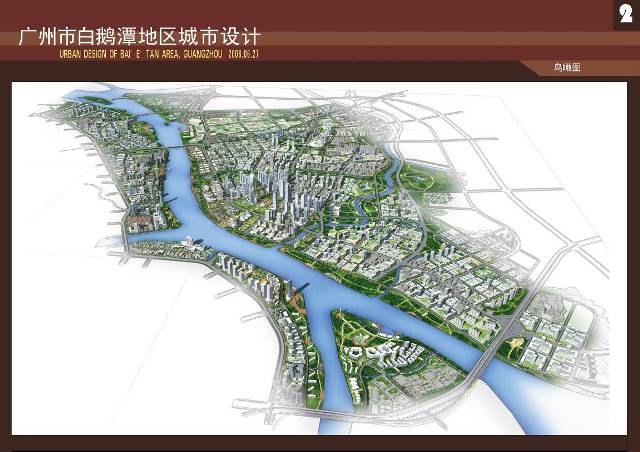Contemporary large-scale international design competitions1 in China. A case study of Baietan, Guangzhou
DOI:
https://doi.org/10.7577/formakademisk.745Emneord (Nøkkelord):
design competition, trading zone, procedural analysis, case study, Guangzhou, strategic urban planningSammendrag
The importance of contemporary design competitions has been increasingly recognized in fast-growing China in the course of World Trade Organization (WTO) integration and globalization. However, scientific and systematic analysis is rare on how international design competitions are introduced, and how they interact and transplant in the Chinese context. The well-known Chinese-Western culture gap and complicated social and political background make this topic more challenging. Herein, the authors focus on how the international design competitions were “translated” into both international and local perspectives with a comparative analysis on development of international design competitions between the Chinese and the Finnish model. To fully exemplify the design-completion procedure and the different roles of Chinese stakeholders and their perspectives on design competitions, the authors study the Baietan case, which was chosen due to its specific relationship with the city’s strategic plan, its representativeness in using international design competitions in connection to large-scale urban projects in China and its public access to the relevant documentation. The preliminary findings suggest that Chinese-style design competitions, acting as ‘designed trading zones’, with less-defined competition rules compared to the Finnish model, may foster the settings of local transformation in adopting international urban planning and design knowledge. However, an integrated approach is required to address subsequent implementation.

Nedlastinger
Publisert
Hvordan referere
Utgave
Seksjon
Lisens
- Forfatteren(e) beholder sin opphavs- og kopieringsrett til eget manuskript, men gir tidsskriftet varig rett til 1) å fremføre manuskriptet for offentligheten i den opprinnelig publiserte digitale form, og 2) å registreres og siteres som første publisering av manuskriptet.
- Forfatteren må selv forvalte sine økonomiske kopieringsrettigheter overfor eventuell tredjepart.
- Tidsskriftet gir ingen økonomisk eller annen kompensasjon for innsendte bidrag, medmindre det er gjort særskilt avtale om dette med forfatteren(e).
- Tidsskriftet plikter å arkivere manuskriptet (inklusive metadata) i den opprinnelig publiserte digitale form, i minst ett dertil egnet åpent tilgjengelig langtidsarkiv for digitalt materiell, som for eksempel i de norske universitetenes institusjonsarkiv innen rammen av NORA-samarbeidet.
Verket vil bli publisert OpenAccess med en Creative Commons 4.0-lisens som tillater alle å lese, dele og tilpasse innholdet, også kommersielt, under lisensvilkårene:
Dette verket må tilskrives/ krediteres på riktig måte, en lenke må gis til CC-BY 4.0-lisensen, og endringer som er gjort må angis på en rimelig måte, men ikke på noen måte som antyder at lisensgiveren støtter deg eller din bruk.



